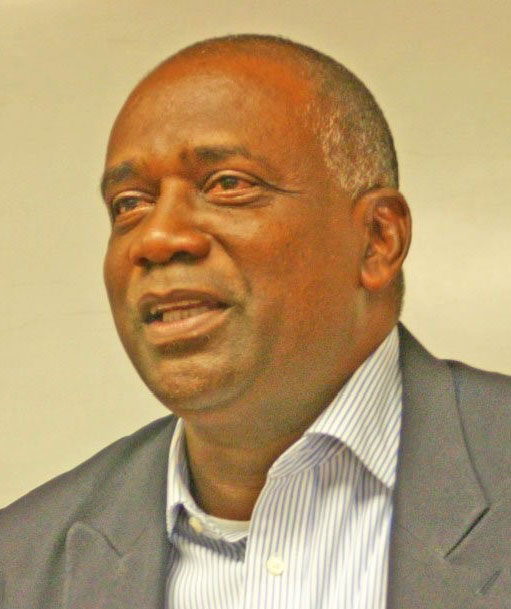CARICOM’s trade and economic council on Wednesday approved a strategy for reopening of economies after Heads of Government were told on Tuesday by a working group that the COVID-19 pandemic has been “largely contained” in the region.
A statement yesterday from the CARICOM Council for Trade and Economic Development (COTED) said that its 50th meeting on Wednesday approved a strategy for the reopening of economies in the community.
A number of the tourism-based economies in the region have been ravaged by the fallout from COVID-19.
The statement said that the Council which is made up of Trade Ministers and officials agreed at a virtual meeting to a framework centred on the development and adherence to “defined metrics related to the Covid-19 virus”, which will guide reopening process.
“The strategy recommends a graduated model which sees governments relaxing restrictions in a deliberate, phased and incremental manner based on the transmission risk profile of the pandemic in specified geographical locations, sectors or businesses.
“The framework suggests establishing a national public private consultative mechanism to govern the relaunch of economic activity at the Member State level; minimum standards which must be attained before relaxation of restrictions and communications to build public trust. There is also the proposal for Certificates of Operation to be issued to businesses that have been verified to be compliant in the protocols established for the industry”, the statement added.
The meeting was chaired by the Grenadian Minister of Economic Development, Trade, Planning and Labour, Oliver Joseph and was also attended by representatives from the public and private sectors.
COTED’s meeting was preceded by an emergency meeting of CARICOM Heads via video conference on the impact of COVID-19.
Heads were told by a working group that the COVID-19 pandemic has been “largely contained” in the region.
A CARICOM release yesterday stated that the presentation from the Regional Working Group indicated that the pandemic was largely contained in the Region as a result of the “decisive action” by Governments to put restrictions in place. The Group also underlined that re-opening by the Member States must be done with the health considerations being the foremost criterion.
The Regional Working Group, which included representation from the Carib-bean Public Health Agency (CARPHA), the University of the West Indies (UWI), and the Caribbean Disaster Emergency Management Agency (CDEMA), also offered recommendations for a common public health policy.
These recommendations included parameters for the easing of restrictions in Member States that would allow for a re-opening in phases. The recommendations also included suggested criteria for a protocol on the re-opening of airports for intra-regional travel. The draft policy will be resubmitted to Heads of Government for final approval.
According to the release, the Heads of Government have recognised the need to pool their efforts to procure medical devices and supplies in the context of COVID-19 in order to more easily gain access to supplies and achieve economies of scale. This system, it says, would utilise the existing structures of the Pan-American Health Organisation (PAHO) and the Organisation of Eastern Caribbean States (OECS) Pharmaceutical Procurement Service (PPS).
The Heads of Government also endorsed the regional COVID-19 Agri-Food Security Action Plan to strengthen the Region’s food security in the face of the threat posed by the pandemic. The Plan was developed by agriculture stakeholders, including the private sector.
Also discussed was the need for a common protocol for the re-opening of regional airports to flights from selected third countries and the re-opening of hotels. In that regard, the Heads of Government established a sub-committee led by Prime Minister of Saint Lucia, Allen Chastanet, to have discussions with stakeholders in the tourism industry, including the hoteliers, airlines, cruise operators and the labour unions to settle the appropriate protocols needed to ensure the safety of workers and visitors upon the re-opening of the sector. This would be informed by the regional public health policy and the Heads of Government stressed their determination to speak to the cruise and airline industries with one voice.
Heads of Government agreed to meet in the coming weeks to discuss the financial and economic challenges related to the impact of the pandemic, the release added.
Guyana’s caretaker President David Granger attended the special emergency meeting. He was accompanied by de facto Minister of Foreign Affairs, Dr. Karen Cummings.










